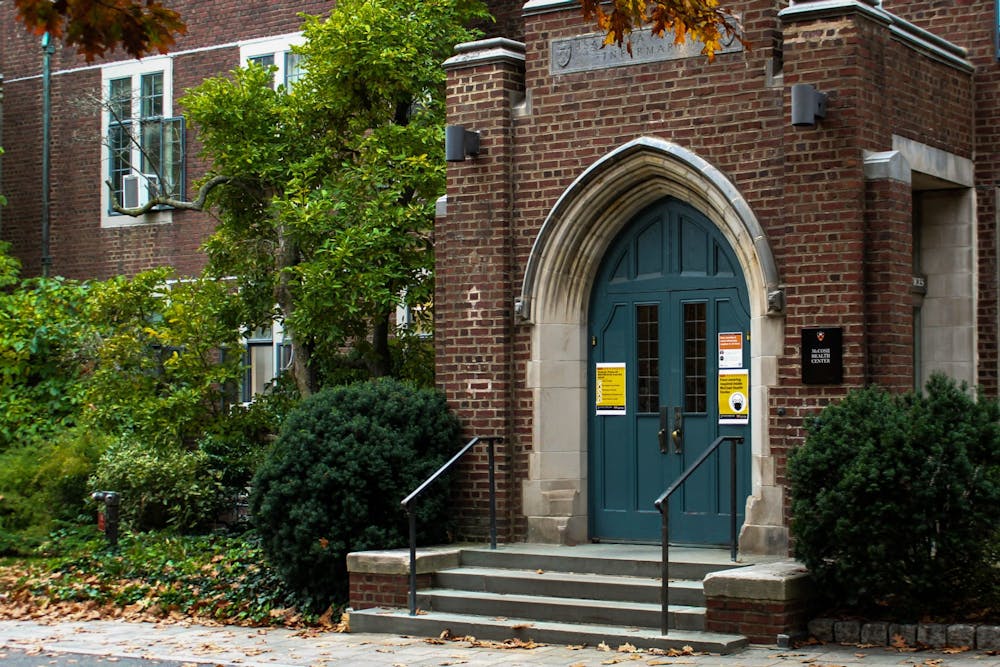Isolation policies under the COVID-19 testing protocol were updated in an email to all undergraduate and graduate students in the testing protocol from University Health Services (UHS) on Thursday morning. The announcement comes as students begin to move into campus tomorrow.
This news comes following an increase in positive COVID-19 cases on campus, with 446 positive cases among faculty, staff, undergraduates, and graduate students and a positivity rate of 5.65 percent for the week ending Jan. 7.
UHS expects cases to increase further as the student body returns to campus after winter break, according to the email.
The isolation protocol has changed in accordance with the revised Centers for Disease Control and Prevention (CDC) guidelines. Fully vaccinated individuals who test positive will now isolate for a minimum of five days, instead of 10.
The day an individual tests positive is defined as “day 0.” On day 6, they will leave isolation “if the individual is asymptomatic, if symptoms are resolving, and if they are fever-free for at least 24 hours.”
If the individual still has symptoms, including a fever, on day 6, “UHS will determine the date of release based on their condition.”
All vaccinated individuals, regardless of their symptoms, “must wear a tight-fitting mask when around other people, including roommates” for the entirety of days 6 through 10. Students during those days also “may not dine with others or participate in activities that require masks to be removed.” Masks are not required when sleeping, showering, and brushing teeth.
KN95 masks will be provided in isolation kits for students, intended for use during days 6 through 10.
These guidelines will go into place on Jan. 14, and will not apply to students who tested positive and entered isolation prior to that date, according to a follow-up email from UHS.
Unvaccinated students will continue to isolate for the full 10 days.
Students with their own sleeping space may be asked to isolate in their room. Students will not be allowed to isolate in a local hotel. Students may isolate in their own homes so long as they leave campus in a private vehicle, not public transport.
UHS wrote in the email that it also plans to pare back its contact-tracing program based on guidance from the CDC and the NJ Department of Health — “prioritizing contact tracing for populations that are at the highest risk of transmission on campus: students and service personnel.”

All individuals who test positive are encouraged to alert those with whom they have been in close contact on their own, marking a shift from previous policy. Close contact is defined as being within six feet for more than 15 minutes.
Students are encouraged to check the TigerSafe app frequently, and, if they have received a positive test, to prepare for isolation before GCH calls, as it is “likely that your results will be available through the TigerSafe app before Global and Community Health (GCH) at UHS is able to reach you by phone to notify you that you tested positive.”
The email clarified that students should not submit an extra test if they test positive, citing overload on the testing program. “A negative test following a positive test does not exempt a person from isolation,” the email stated.
Editor’s Note: This piece was updated with clarified guidance on students who entered isolation prior to Jan. 14.
Gabriel Robare is a News staff writer, as well as the Co-Head Puzzles Editor, for the ‘Prince.’ He can be reached at grobare@princeton.edu or on social @gabrielrobare.








